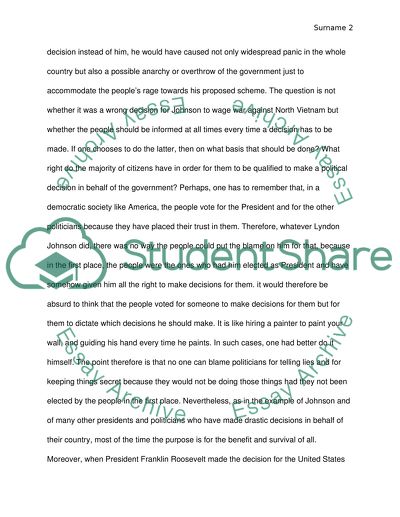Cite this document
(“Morality Essay Example | Topics and Well Written Essays - 1250 words”, n.d.)
Retrieved from https://studentshare.org/philosophy/1468916-morality
Retrieved from https://studentshare.org/philosophy/1468916-morality
(Morality Essay Example | Topics and Well Written Essays - 1250 Words)
https://studentshare.org/philosophy/1468916-morality.
https://studentshare.org/philosophy/1468916-morality.
“Morality Essay Example | Topics and Well Written Essays - 1250 Words”, n.d. https://studentshare.org/philosophy/1468916-morality.


